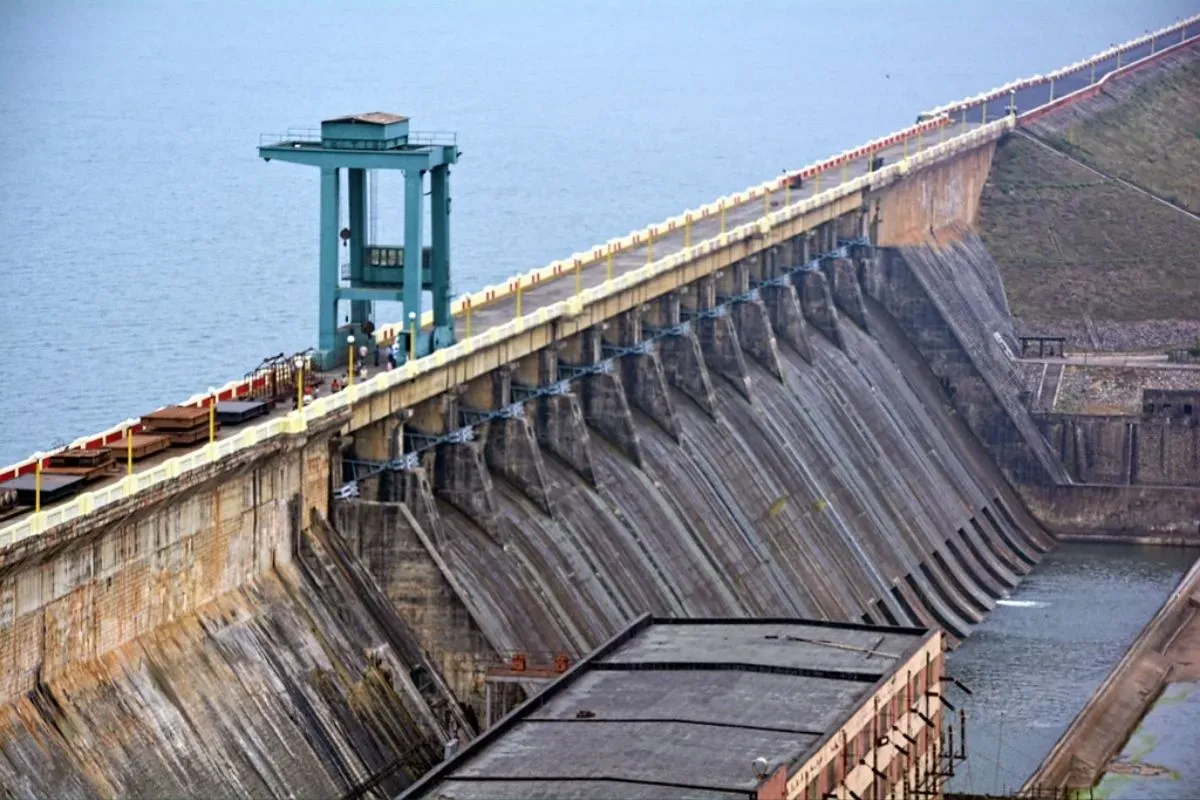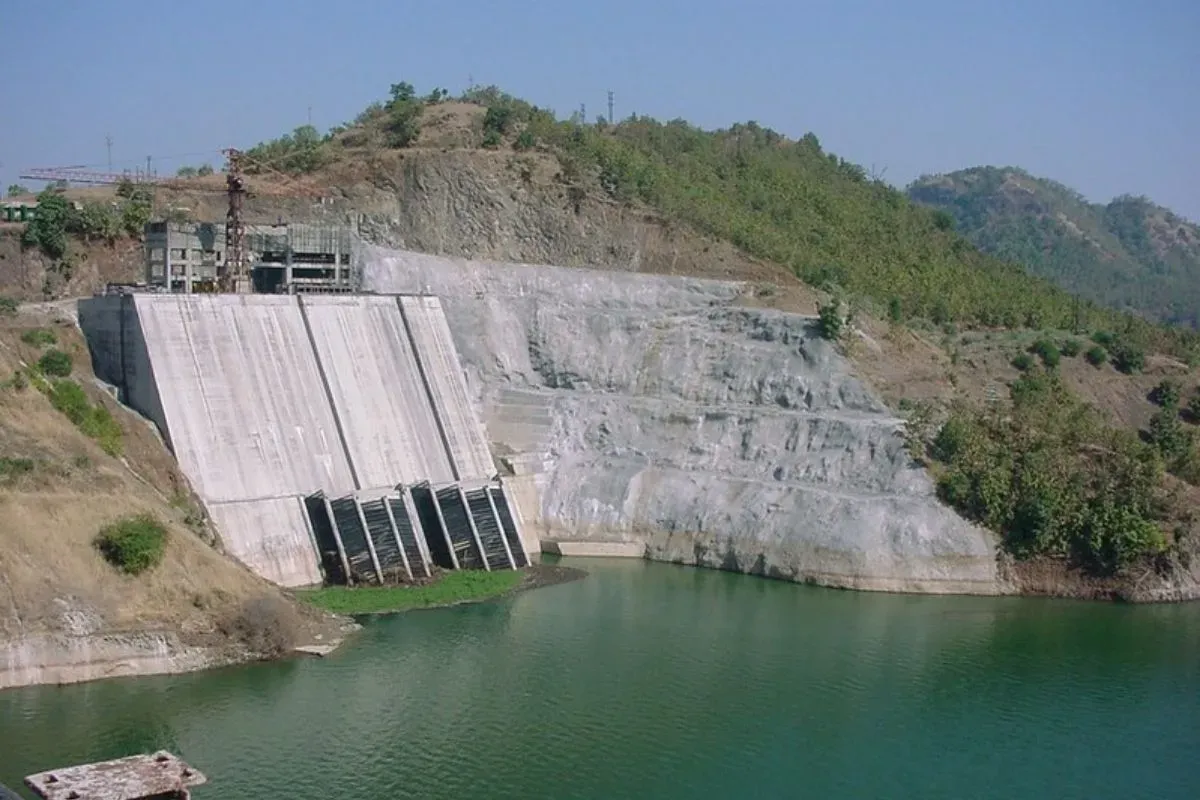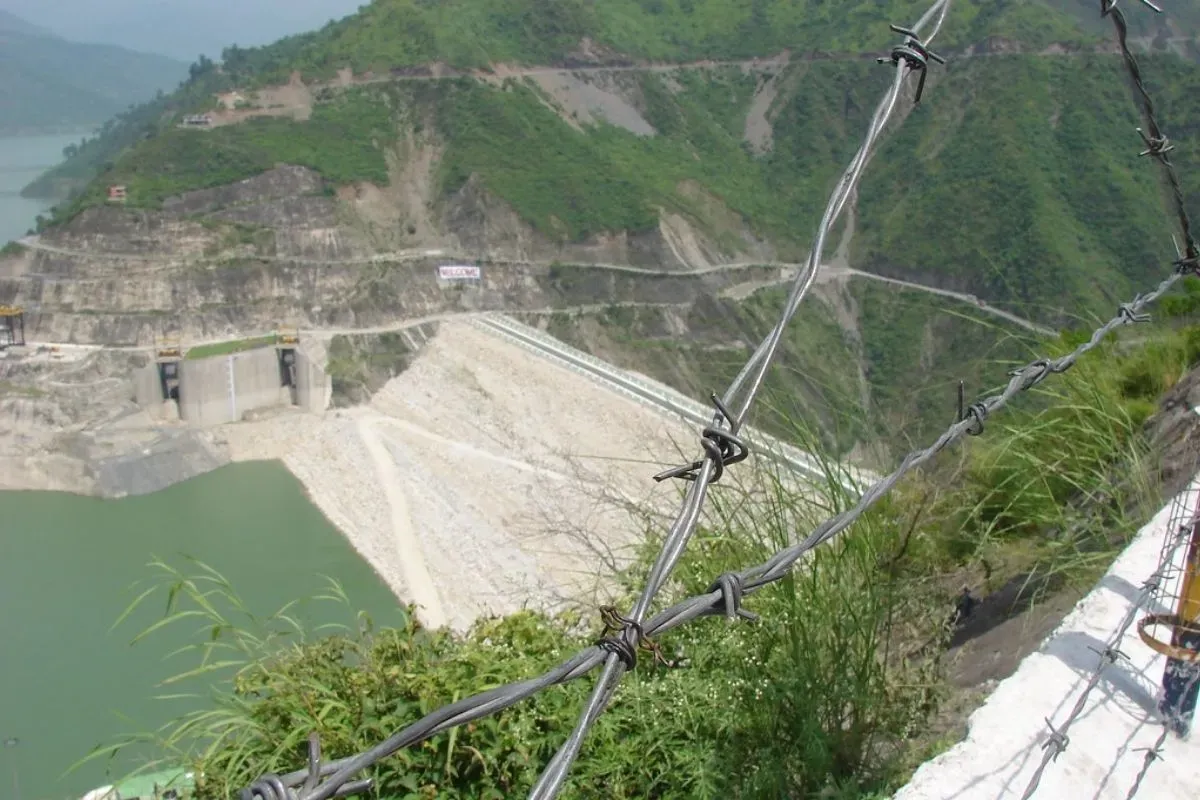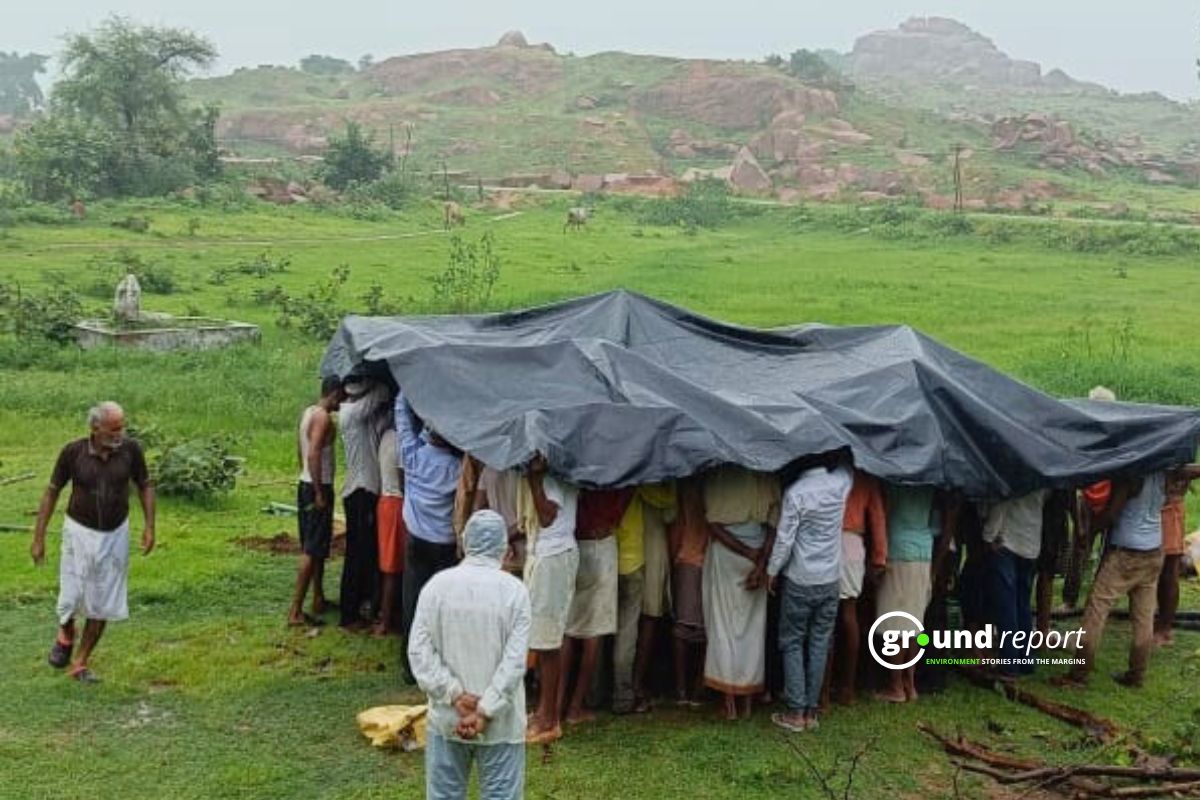The National Coordination of People’s Movement (NCPM) is calling on all political parties to include the People’s River Protection Bill in their 2024 election manifestos. Led by Medha Patkar, the NCPM aims to safeguard India’s rivers and riparian rights from threats such as dams, barrages, and pollution.
NCPM calls for River Protection
The draft bill advocates for recognizing rivers as living entities and strengthening governance to protect marginalized communities. Criticizing current development policies, the movement emphasizes the need for sustainable solutions and public participation. The initiative seeks to make environmental issues a central focus in the upcoming elections, promoting the conservation and revitalization of India’s rivers.
During a recent online press conference, Medha Patkar, leader of NCPM, emphasized the necessity of safeguarding India’s rivers and riparian rights. The proposed draft of the central law aims to oppose the construction of dams, barrages, and other projects that threaten the integrity of rivers. Patkar highlighted the detrimental effects of such projects on both surface and groundwater systems, leading to the displacement of millions of people and the loss of livelihoods.

The draft bill advocates for recognizing rivers as living entities and strengthening river governance to protect the rights of marginalized communities, including farmers, smallholders, fishermen, nomads, pastoralists, tribals, and Dalits. Representatives from various organizations across the country voiced their support for the initiative during a webinar on April 4, urging the National River Valley Platform to address the security of rivers and river-dependent societies.
Regions face diverse environmental challenges
Criticism was directed at the development policies of central and state governments, which were blamed for commercialization, privatization, pollution, and appropriation of rivers. It was noted that electoral politics often prioritize populist policies over environmental concerns, leaving crucial issues marginalized.
Participants highlighted specific challenges faced in different regions of India. Mansi Asher of the Himdhra Environment Group discussed the impact of dam construction in the Himalayan region, exacerbating the effects of the climate crisis and leading to increased flood risks. Mahendra Yadav of Kosi Nav Nirman Manch, Bihar, raised concerns about mismanagement of trans-border rivers and the ineffective solutions presented by embankments.
Rajkumar Sinha of the Bargi and Basaniya dam conflict in Madhya Pradesh raised the twin problems of urban pollution and illegal sand mining on the Narmada and its tributaries. He emphasized, ‘Unless there is public dialogue and participation in governance, we cannot solve these questions.’ Sinha also highlighted that the tribals who conserve water bodies and forests in the Scheduled Areas are the ones bearing the brunt of developmental policies the most.”

SP Ravi of the All Kerala River Protection Council emphasized the importance of people-to-people dialogue for conflict resolution, highlighting the limitations of relying solely on politicians.
The draft river conservation law proposes measures to prioritize river conservation, prevent unjust encroachments, ensure continuous flow of rivers, control pollution, assess development impacts, and advocate for fair compensation and rehabilitation policies for affected populations. It calls for the establishment of a River Basin Authority with cross-disciplinary expertise and representation from statutory agencies, civil society, and river communities.
Key issues in river conservation
- Recognize rivers as vital sources of life and prioritize conservation in development.
- Address encroachments, especially dams and embankments, in line with existing laws.
- Define rivers by their water flow, protect ecosystems, and ensure fair resource allocation.
- Prioritize continuous and unpolluted river flow to prevent drying, even in non-monsoon months.
- Control pollution from illegal sand mining, urban, industrial, and agricultural sources to protect forest cover.
- Assess and prevent development impacts on rivers and involve riparian communities in decision-making.
- Address displacement concerns with fair compensation and rehabilitation policies.
- Establish a River Basin Authority with expertise from statutory agencies, civil society, and river communities.
- Define RBA functions including planning, budgeting, and monitoring river safety and conservation.
- Develop master plans for each river with ecological and socio-cultural assessments and public input.
- Outline committee responsibilities, budget preparation, performance monitoring, and appointment of monitoring committees.
- Take legal and administrative action against violations and conduct regular surveys and research for compliance.
Keep Reading
Climate change increased risk of extreme heat during Holi across India
Climate crisis: Increased temperature between day and night affects life on Earth
Rising sea levels linked to unexpected methane emissions: study
Sea level in Mediterranean is rising three times faster than expected
Estimating district level health vulnerabilities in India due to climate change
Follow Ground Report for Environmental News From India. Connect with us on Facebook, Twitter, Koo App, Instagram, Whatsapp and YouTube. Write us on GReport2018@gmail.com and subscribe our free newsletter.
Don’t forget to check out our climate glossary, it helps in learning difficult environmental terms in simple language.






